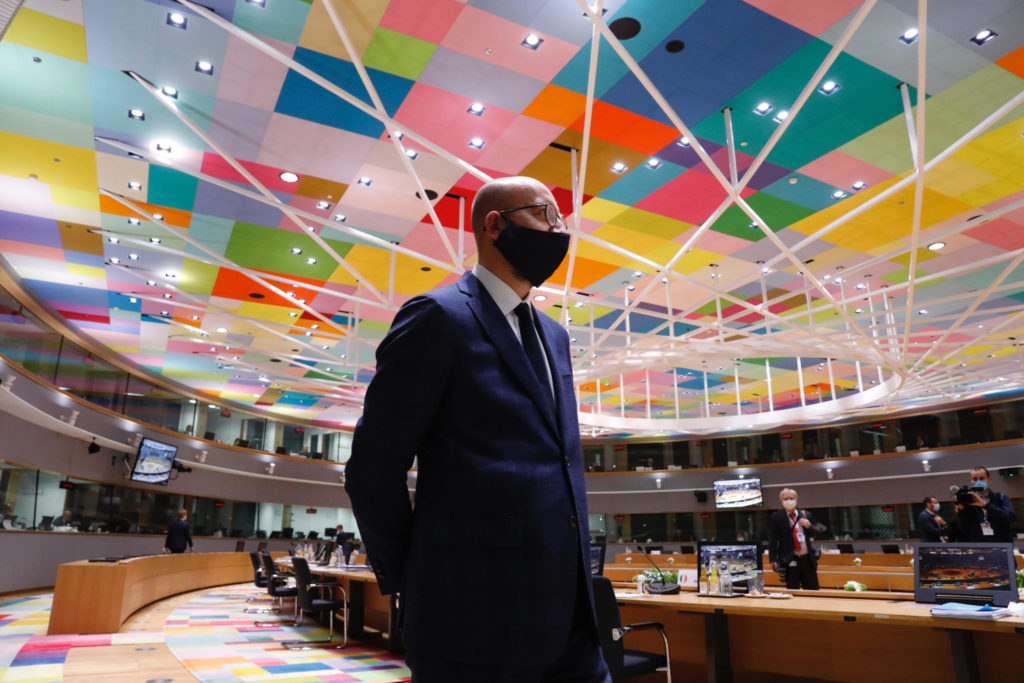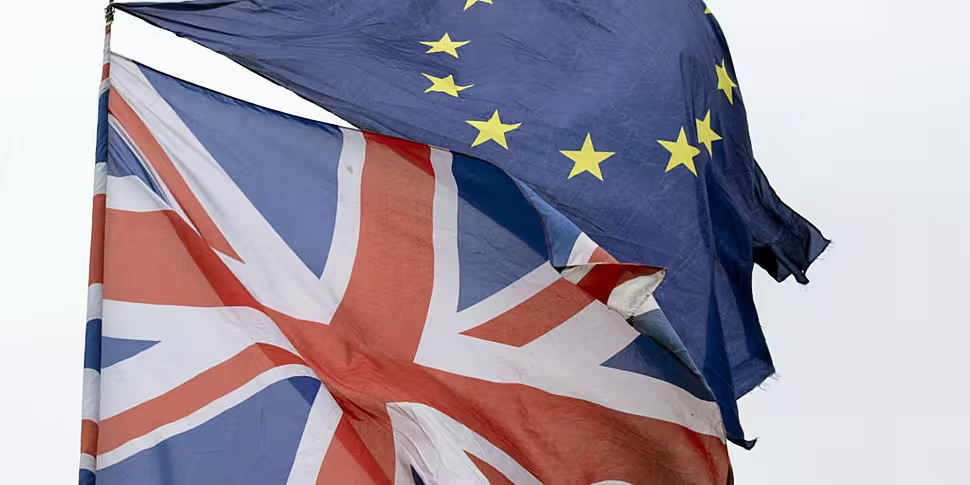A senior British minister has said there is a less than 50% chance of the UK striking a post-Brexit trade deal with the European Union.
Michael Gove told the bloc's chief negotiator Michael Barnier that "the ball is in his court" as to whether negotiations resume in the coming days.
He also blamed a possible collapse in talks on "the position that's been taken in the last couple of weeks" by EU leaders.
British Prime Minister Boris Johnson on Friday told people and businesses in the UK to 'get ready' for a no-deal Brexit.
He also accused the EU of not being willing to offer the UK a Canada-style agreement.
While the UK's chief negotiator, David Frost, told Mr Barnier not to travel to London on Monday for talks as there was "no basis" on which to continue negotiations.
However, the pair are expected to hold virtual talks after which a decision will be made regarding the rest of the week.
The bust-up between both sides follows Thursday's European Council summit.
European Council President Charles Michel said the bloc was "united and determined to reach an agreement, but not at any cost".
EU countries have also agreed to "step up our work, at all levels and for all outcomes, including that of a no deal".
 European Council President Charles Michel is seen at a special EU Council summit in Brussels. Picture by: European Union
European Council President Charles Michel is seen at a special EU Council summit in Brussels. Picture by: European UnionFisheries and the subject of a 'level playing field' when it comes to state aid continue to be key sticking points in the talks.
Earlier this month, Mr Gove claimed there was around a 66% chance of EU-UK negotiations succeeding.
But on Sunday he said there was now a lesser chance of a deal and, asked if it was now less that 50%, he replied: "Well, I think it's less.
"I can't be precise but one of the reasons why it's less is the position that's been taken in the last couple of weeks by EU leaders.
"What we have seen and what our negotiators have found is that the EU side have not been willing to produce the detailed legal text, they have not been willing to intensify the talks in a way that would indicate that they were acting seriously about reaching an agreement.
"They have also insisted both that we accept a level of control over our autonomy that an independent country can't really accept.
"And, at the same time, they are saying we should continue to have exactly the same access to, for example, our fishing waters and our fishing stocks as before.
"So that seems to me to be the behaviour of an organisation and an institution that is not serious about looking at compromises necessary to secure a deal.
"But I still hope we will get a deal through."
Earlier this month, Foreign Affairs Minister Simon Coveney said the Brexit negotiations with the UK would focus on securing a 'core agreement on trade'.
He also said it was "quite clear" that there will not be an agreement in several areas when Britain officially leaves the bloc at the end of this year.
The UK officially left the EU on January 31st and entered the Brexit transition period, which will end on December 31st.
If there is no agreement on a future EU-UK relationship prior to that date, the two sides are likely to have to trade on World Trade Organisation (WTO) rules with tariffs imposed in both directions.









